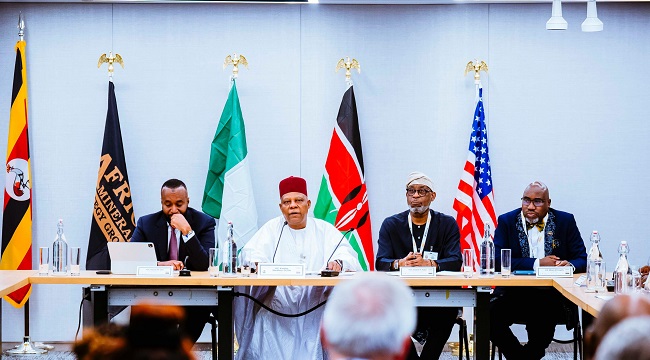Israel’s National Security Council (NSC) has issued a stronger travel warning for Israelis visiting the United Arab Emirates (UAE), citing a growing threat of terror attacks.
According to Israeli authorities, “terrorist organizations” may be planning to target Israeli and Jewish individuals in the UAE in response to Israel’s recent military actions in Iran and Gaza.
The NSC’s statement on Thursday named Iranian-linked groups, Hamas, Hezbollah, and other militant factions as potential threats.
These groups are reportedly motivated by what they see as revenge for Israel’s recent military campaigns Operation Rising Lion, targeting Iran, and Operation Iron Swords, which has focused on Gaza.
Israel says increased hostility and anti-Israel sentiment in the region especially after months of famine and humanitarian crisis in Gaza have increased the risk of attacks on Israelis abroad.
The travel warning specifically mentions that Jewish holidays and Shabbat could be prime times for attempted attacks. While the official risk level remains at Level 3 (out of 4), which urges people to avoid non-essential travel, the language used in the new advisory is much stronger than before.
In 2020, the United Arab Emirates became the first major Arab country in decades to normalize relations with Israel through the U.S.-brokered Abraham Accords.
This agreement led to increased diplomatic, trade, and cultural ties, and a growing Israeli and Jewish community in the UAE, particularly in cities like Dubai and Abu Dhabi.
However, the NSC warned that “terrorist organizations often focus their efforts in neighboring or friendly countries,” making places like the UAE potential targets even if they are generally viewed as safe.
The advisory comes just a few months after a high-profile murder in the UAE involving an Israeli citizen.
In March, a court in Abu Dhabi sentenced three people to death for the November 2024 killing of Rabbi Zvi Kogan, a 28-year-old Israeli-Moldovan religious figure associated with Chabad, an Orthodox Jewish outreach group.
The court determined that the murder was carried out for a terrorist purpose.
This incident added to growing concerns that anti-Israel sentiment may be spilling over into violence even in countries with peaceful ties to Israel.
Israel’s military operations in Gaza have come under heavy global criticism, especially over a blockade that has prevented food and medical aid from reaching civilians.
Humanitarian organizations and several countries have accused Israel of contributing to a starvation crisis in Gaza, putting pressure on its international allies.
The UAE, despite being an ally under the Abraham Accords, is also part of a larger Arab and Muslim world where public opinion has turned sharply against Israel amid the Gaza crisis. These tensions may make Israeli visitors more vulnerable, even in countries that are technically friendly.
The NSC is not banning travel to the UAE but is strongly advising Israeli citizens to:
Avoid non-essential travel
Reconsider travel plans, especially during Jewish holidays
Be aware of surroundings and maintain a low profile
And report any suspicious activity to local authorities or the Israeli embassy.



